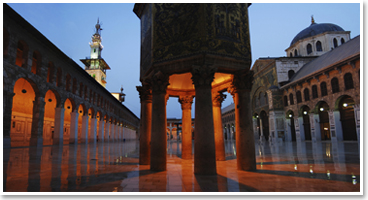Document Type
Article
Publication Date
3-30-2022
Publication Title
Modern Intellectual History
Abstract
This article frames the history of anticolonialism in the Arab world as a history of gender, sex, and power. By thinking with early twentieth-century Arab intellectuals, it revises the assumption that the heterosexual body enters into politics primarily as a site of regulation and control. Europeans justified colonialism in the Arab East by arguing that Arabs were like children who needed tutelage before self-rule. Arab writers contested these temporal assumptions through their own theories of human development. Some figured childrearing as a form of temporal engineering through which Arab women would control human and civilizational growth. Others, like cosmopolitan Arab nationalist Fuʾad Sarruf, advocated an anticolonial nationalism that tied the temporality of rupture and event to the sexual development of the male body. These responses by Arab intellectuals to assumptions of colonial belatedness show how the biological body entered anticolonial politics as an active agent of political transformation.
DOI
https://doi.org/10.1017/S1479244322000075
Rights
Copyright © The Author(s), 2022
Version
Version of Record
Recommended Citation
Ferguson, Susanna, "Sex, Sovereignty, and the Biological in the Interwar Arab East" (2022). Middle East Studies: Faculty Publications, Smith College, Northampton, MA.
https://scholarworks.smith.edu/mes_facpubs/15


